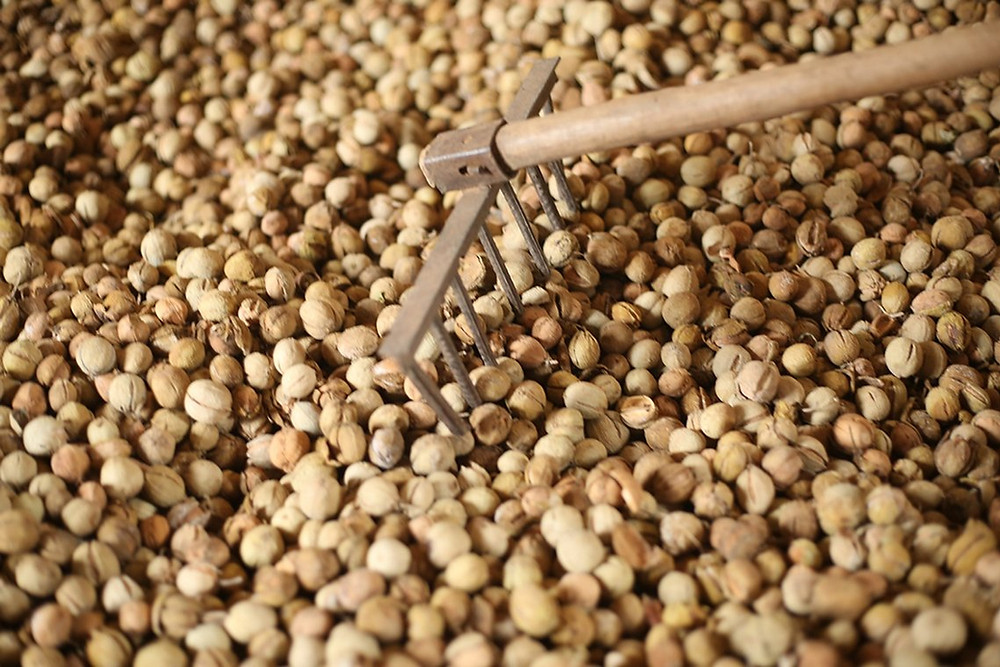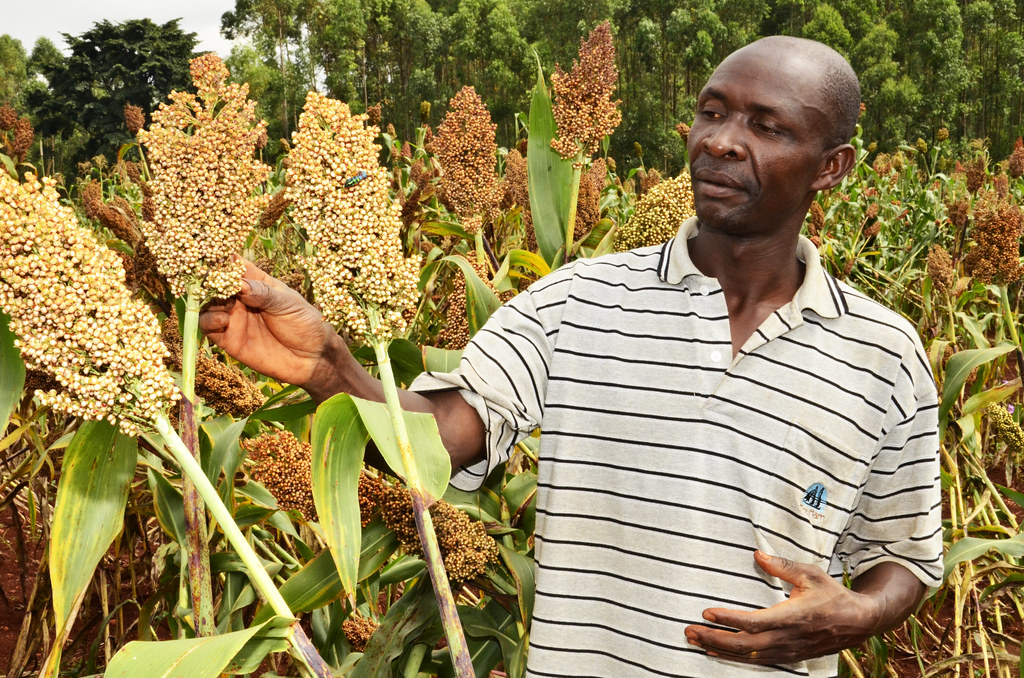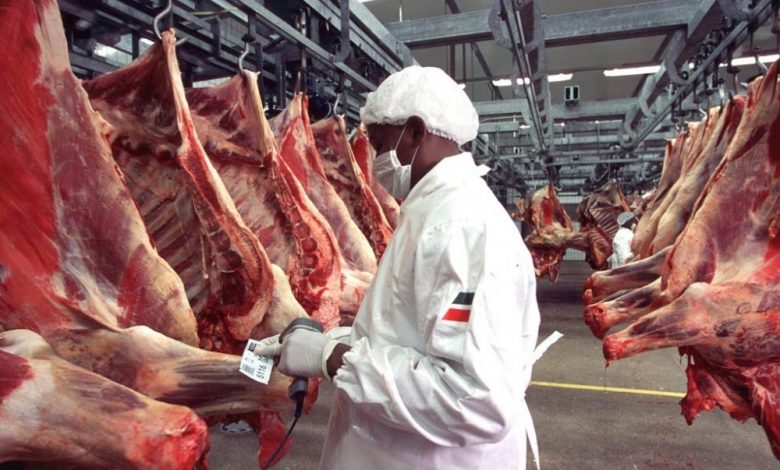
By George Munene
Italian oil company Eni S.p.A. has completed the construction of an oilseed collection and pressing plant in Makueni, Kenya.
The company’s first agri-hub will employ 25,000 farmers using a vertical-integration model where castor, croton, and cottonseeds will be cultivated and handled by local farmers before being bought and extracted to make vegetable oil promoting their access to markets.
Construction on the first hub finished on July 18, and the plant is expected to produce 15,000 tons with 2,500 tons expected to be processed in 2022.
The facility will further produce animal feed and biobased fertilizers derived from the protein component of the seeds for the benefit of livestock and food production, contributing to food security.
Related News: EABL seeking 4,000 Homa-Bay sorghum growers with ready market
The center will work as a training and technical support hub for farmers.
The agri-hub will process castor, croton, and cottonseeds to make vegetable oil. These are cover crops that will be cultivated in rotation seasonally with cereals and vegetables. They are also sustainable, agricultural feedstocks that do not compete with the food-supply chain because they come from crops that are resistant to aridity and suitable for growing on degraded soils—namely castor crops, seeds harvested from spontaneous plants (croton), and coproducts of the cotton supply chain in a circular economy perspective.
Related News: Kenya constructing mango fruit fly treatment facility to access EU markets
Related News: Rising wheat prices provides market opportunities for tuber farmers
Cultivation of these crops in areas that are less suitable for food production will give farmers an additional source of revenue.
The first phase of the project in Kenya includes the construction of a second agri-hub to reach a total capacity of 30,000 tons per year of vegetable oil in 2023, as well as the development of associated agricultural supply chains.
Write comment (1 Comment)
















